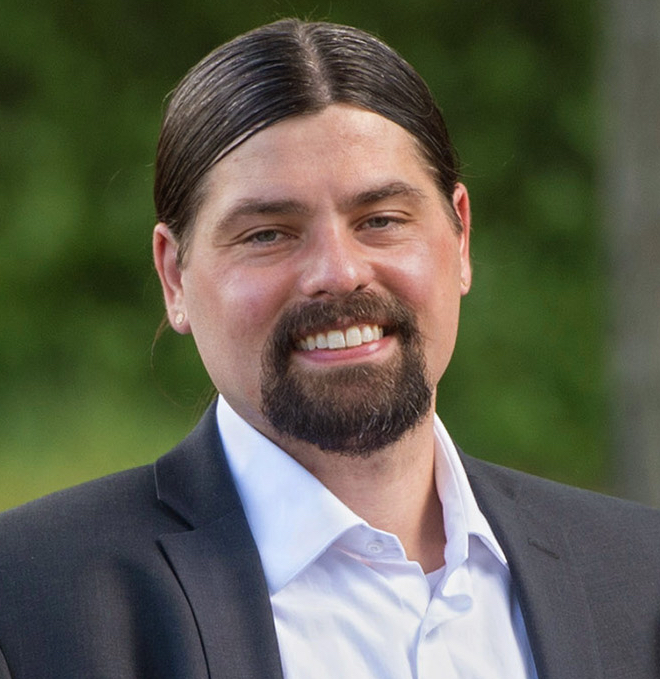
Branden Moriarity, PhD
Cytokine armored dual-CAR γδT cells target CD70 and CSPG4 in advanced epithelial ovarian cancer
2025 Collaborative Research Development Grant
The Regents of the University of Minnesota – Twin Cities
Project Summary
A breakthrough is on the horizon for advanced ovarian cancer patients. With current treatments falling short, a novel therapy harnessing gamma delta (gd) T cells offers hope. Unlike traditional CAR-T cells, gd CAR-T cells can recognize cancer in multiple ways and with fewer side effects. Our innovative therapy is tailored to tackle ovarian cancer’s challenges, with a built-in safety switch to protect patients. Early studies show promising results, paving the way for further research and a potential game-changing treatment. With a dedicated team driving this initiative, we aim to improve outcomes and deliver a brighter future for ovarian cancer patients.
This grant was made possible in part by a generous donation from Benton Clark in loving memory of Johanna M. Clark.
Bio
Dr. Branden Moriarity is currently an Associate Professor in the Medical School at the University of Minnesota. He graduated from Saint Olaf College in 2007 with a BA in Biology, Chemistry, and Biomolecular sciences. He received his PhD in Molecular, Cellular, Developmental Biology & Genetics at the University of Minnesota in 2012. From 2012-2014 he was a post-doctoral fellow in David Largaespada’s lab, where he worked on identifying the genetics of sarcomas. He joined the University Faculty in 2014. Dr. Moriarity runs a translational genome engineering laboratory working to develop novel cellular therapeutics for gene therapy and cancer immunotherapy with the goal of translating new therapeutics to the clinic. To accomplish these goals the Moriarity lab uses cutting edge genome engineering technologies including CRISPR/Cas9, base editor technology, transposons, and rAAV. These tools allow for high frequency gene knockout, gene knock-in, induction of targeted sequence changes, and activation and/or repression of endogenous gene expression. Target cells for engineering include T cells, B cells, NK cells, Monocytes, and hematopoietic stem cells.
Dr. Moriarity has been working on the development of novel cell therapies for Ovarian Cancer (OC) for nearly 10 years. His initial work focused on the use of genome engineered Natural Killer (NK) where he developed methods for high efficiency CRISPR/Cas9 engineering of NK cells that demonstrated enhanced function against OC (PMID: 31704085). He further developed novel chimeric antigen receptors (CAR) engineered specifically to function in NK cells, which enhanced CAR-NK cell function against OC (PMID: 30082067). He is now close to initiating a CAR-NK cell Phase I/II clinical trial to treat OC patients with mesothelin targeted CAR-NK cells (Unpublished; NIH/NCI SPORE – CA136393). Funding from the OCRA will now allow Dr. Moriarity and his team to develop and translate the use of an underexplored immune effector cell, namely gamma delta (γδ) T cells, to treat OC.